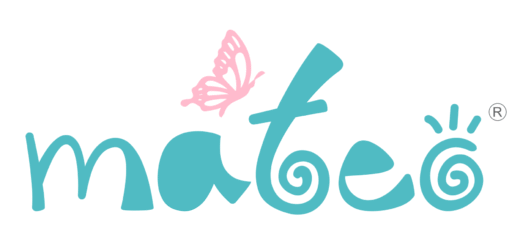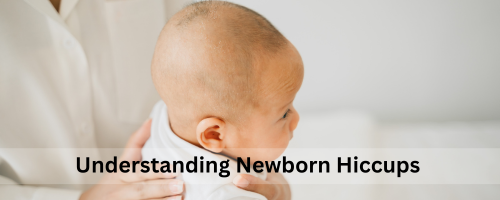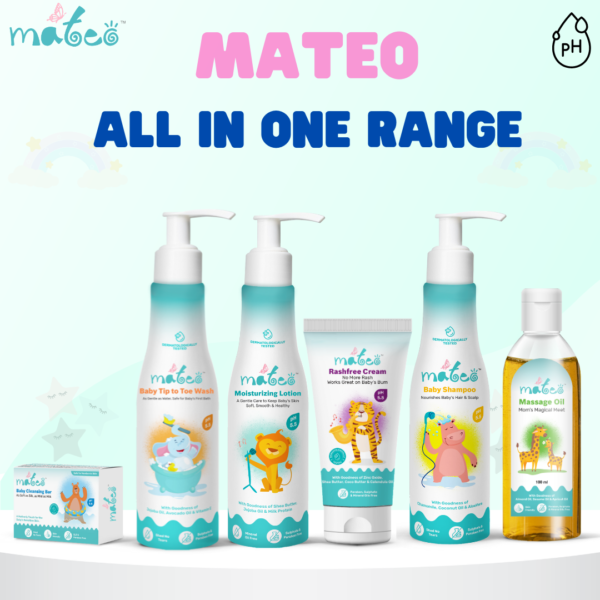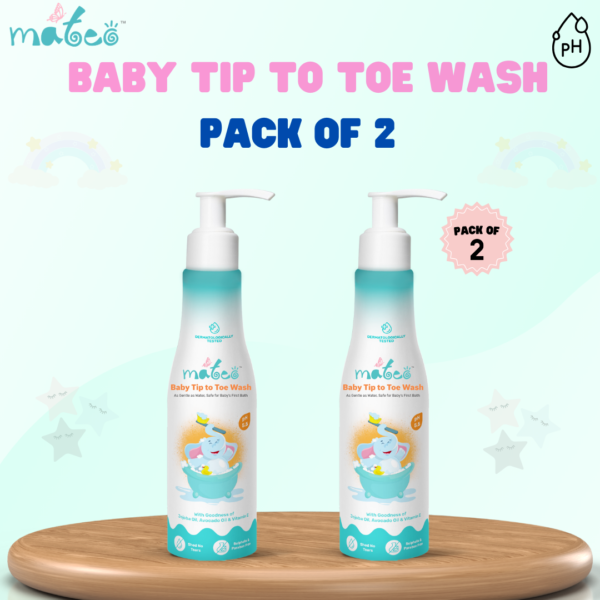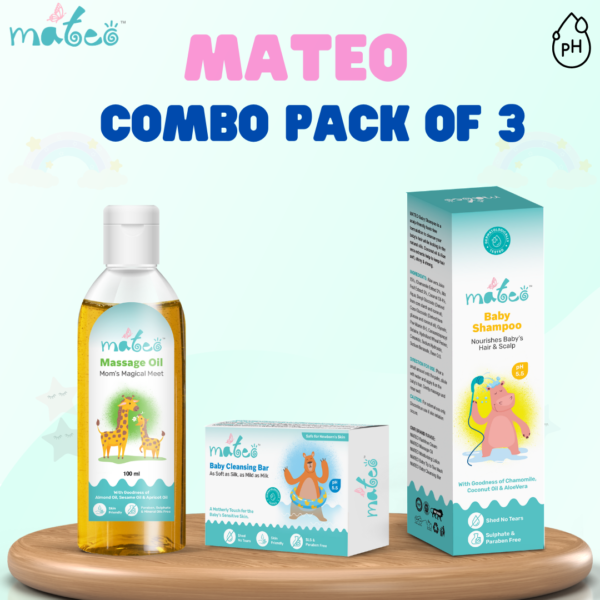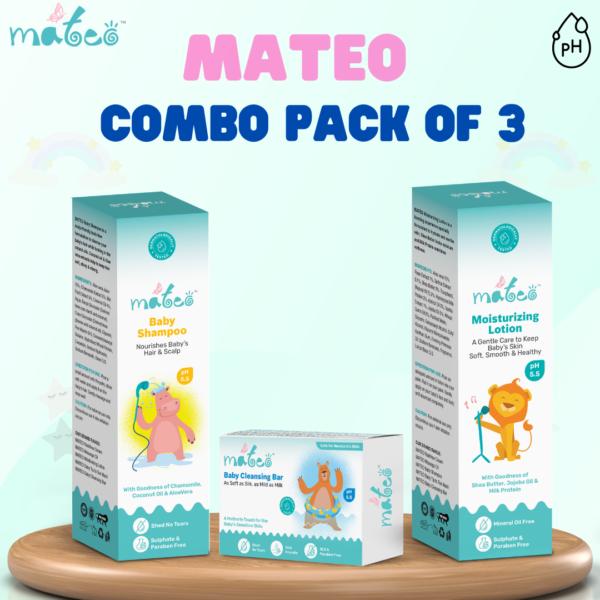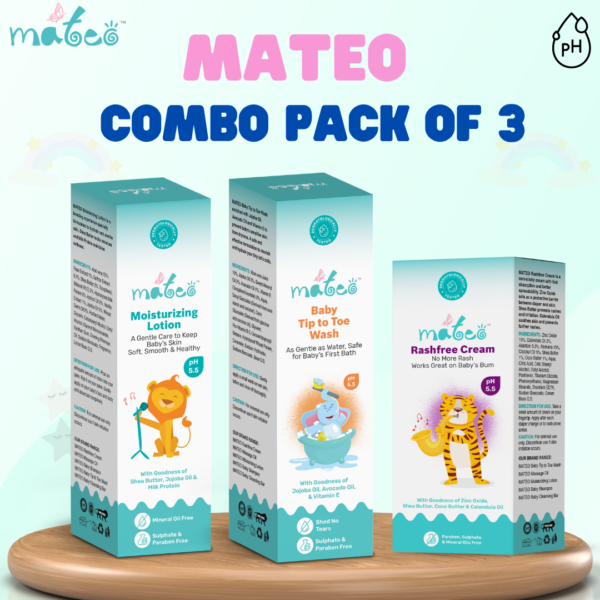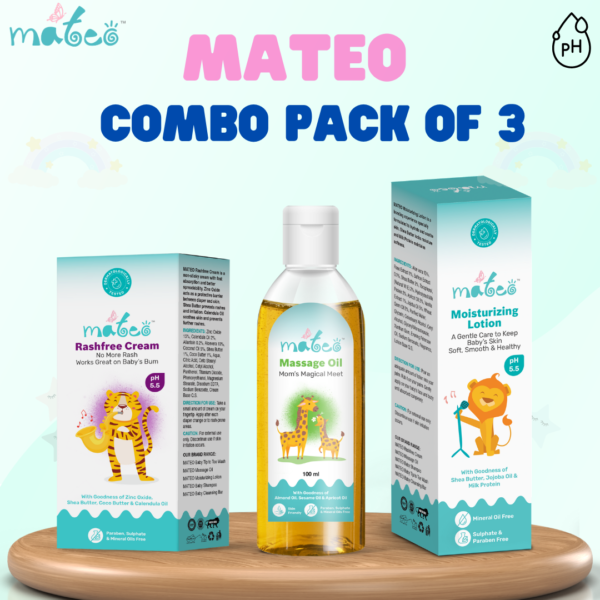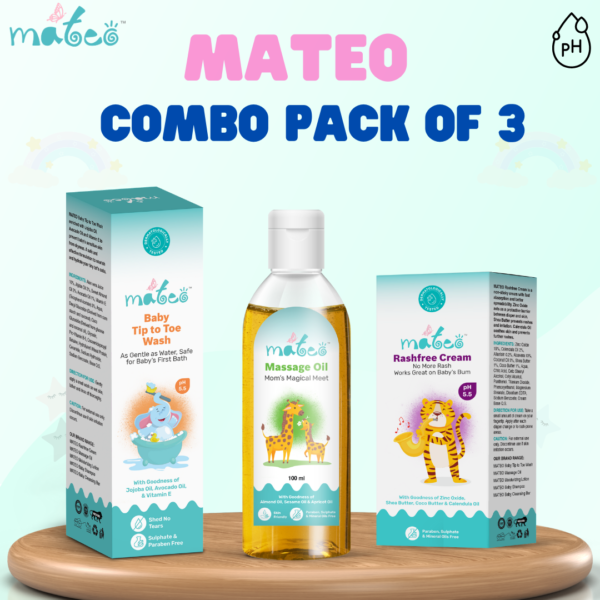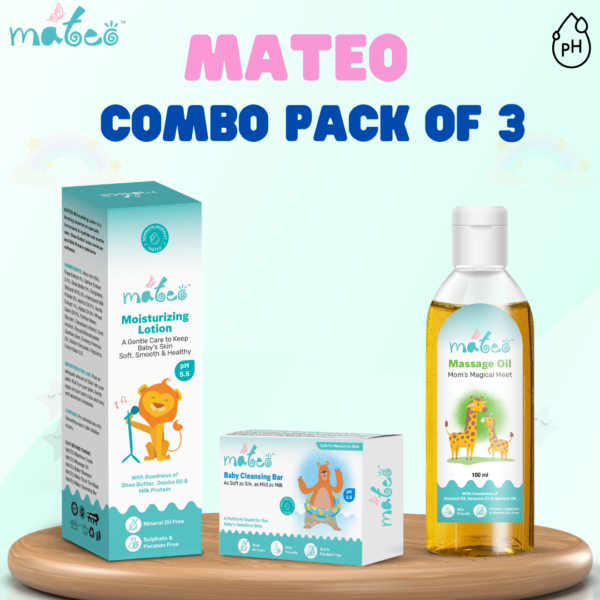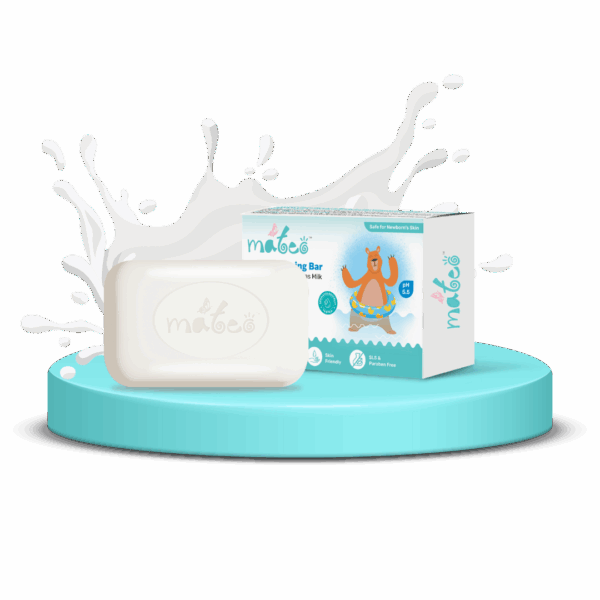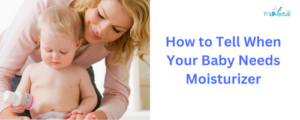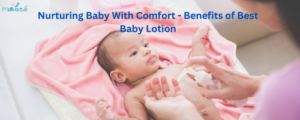Table of Contents
- Understanding the Mysteries of Hiccups In Babies
- The Earlier onset of hiccups
- Determine Possible Triggers
- How to Stop Hiccups in Babies
- When to Seek Help
- How to Manage Hiccups in Babies
- An In-Depth Look into Newborn Hiccups
- Bringing Up New Parents: A Final Thought
- Taking on the Adventures of Parenting
- FAQs
Newcomers in your family may bring you a lot of excitement and challenges to you to raise them as best as possible. One such situation is hiccups in babies. This can lead to a lot of queries in mind to handle your little one hiccups. The moment your infant starts hiccupping is one of the many unanticipated events that come with bringing a child into the world. Though their origins and management can greatly reduce worries, these involuntary diaphragmatic contractions might be rather shocking for new parents.
Understanding the Mysteries of Hiccups In Babies
In essence, hiccups in babies are diaphragm spasms, which are vital for breathing. Though they’re a normal aspect of infancy, they might give new parents anxiety. It’s critical to understand the causes of them as well as mitigation techniques on how to manage hiccups in babies.
The Earlier onset of hiccups
Many expectant parents are taken aback by foetal hiccups. Parents can better prepare for comparable events after birth by being aware of these movements throughout pregnancy.
Determine Possible Triggers
It’s possible that certain things won’t always be obvious when a baby hiccups. These episodes are frequently linked to variables like reflux and fast feeding. Baby hiccups after feeding can also be due to high air intake during feedings.
How to Stop Hiccups in Babies
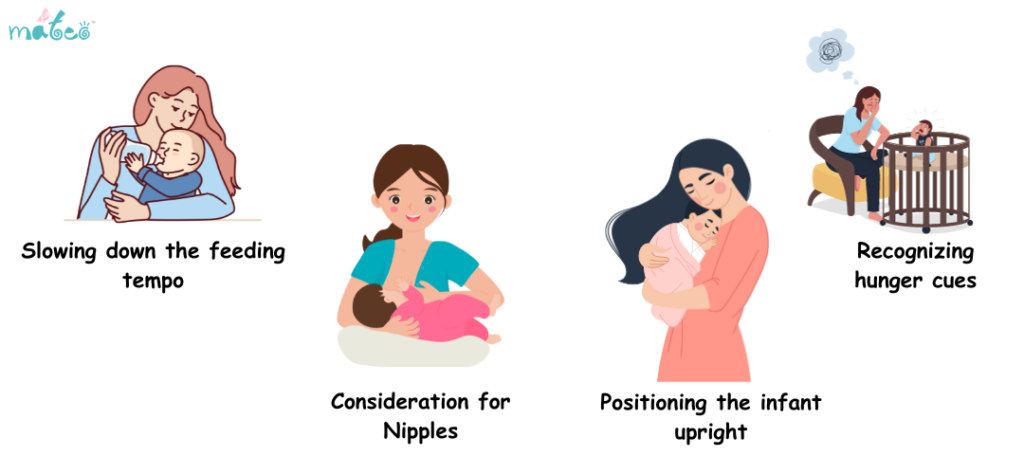
Although completely eliminating hiccups is difficult, many methods can assist control and minimise their frequency:
- Slowing down the feeding tempo and establishing good latching procedures might help to minimise air intake and hiccups.
- Consideration for Nipples: Choosing slower-flow nipples for bottles aids in managing the feeding rate and reducing excessive air intake.
- Positioning the infant upright is the best position for baby hiccups after feedings. This can aid in digestion and relieve diaphragm strain.
- Recognizing hunger cues and feeding when the infant is calm can help to decrease feeding-related hiccups.
When to Seek Help
While the majority of hiccups are innocuous, prolonged or unpleasant occurrences may necessitate expert intervention to protect the baby’s wellbeing.
How to Manage Hiccups in Babies
Steps to help newborns with hiccups:
- Feeding Methods That Work: Hiccups can be reduced by changing feeding positions or intervals and creating a pleasant feeding environment.
- Burping Technique: Excess air can be expelled by burping often during and after eating, lowering diaphragm pressure.
- Pacifier use may help relax the diaphragm and stop hiccups.
- Consultation: Seeking medical advice for chronic or worrying hiccups gives adequate counsel and reassurance.
Also, Read our Blog – Baby Care – A Comprehensive Parent’s Guide
An In-Depth Look into Newborn Hiccups
Understanding the physical and psychological consequences of these events:
Hiccup Science
Understanding the role of the diaphragm and how its spasm affects the voice cords gives us a better understanding of these involuntary behaviours.
Triggers Other Than Hunger
While feeding-related triggers are typical, other variables like excitement or unexpected stimuli can also cause babies to hiccups, adding to our understanding of their physiology.
Parental Emotional Impact
It is normal for new parents to be concerned about their baby’s safety during hiccups. Parental tension can be reduced by addressing these worries and offering comfort.
Bringing Up New Parents: A Final Thought
A fulfilling aspect of becoming a parent is learning to recognize and handle infant hiccups. With the right information on what causes these lovely but occasionally frightening periods in their children’s lives, parents can confidently assist their children through them.
Taking on the Adventures of Parenting
Parenthood is unpredictable and full of wonders, including hiccups with a newborn. Parenting may confidently manage their child’s early phases by accepting them as a normal aspect of growth and development, allowing both the infant and the parent to treasure those priceless times.
Frequently Asked Questions
Why are baby hiccups after feeding are prevalent?
Babies’ growing digestive systems are frequently the cause of their hiccups. These hiccups may be brought on by overfeeding, swallowing air during feeding, or consuming large amounts of milk quickly.
Which is the best position for baby hiccups?
The baby’s burps after feeding, which are induced by air intake during feeding, can assist in relieving hiccups. To relieve trapped air and lessen hiccups, try gently burping your infant while they are sitting up or holding them on your shoulder.
Are there specific baby massage techniques to soothe baby hiccups?
Gentle baby massage techniques, such as circular motions on the baby’s back or light tummy rubs, can calm hiccups. Patting the baby’s back or a warm bath may also assist in easing discomfort.
How to manage hiccups in babies?
The best ways to manage and prevent hiccups are to avoid overfeeding, provide a peaceful feeding environment, burp often throughout feeds, and make sure the baby is nursing upright.
How can I stop my newborn hiccups while sleeping?
If your baby is having hiccups as they sleep, try raising them a little bit or adjusting the way they lie down. A pacifier or a tiny amount of water, if suitable, can also occasionally help stop hiccups. Recall that seeing a paediatrician may be beneficial if frequent or persistent hiccups cause pain or interfere with eating.

Nivethitha Sridharan
Nivethitha is a mother of two children and has a great interest in writing as an experienced mother. She publishes educational and interesting articles on baby care and also assists parents in selecting the finest baby products for their baby’s skin and well-being. She focuses on infant skin care and health issues. She also provides suggestions and guidance on baby care and avoids common skin disorders in newborns. Nivethitha likes studying and writing about new and innovative ideas that might assist people in finding solutions to their problems. She feels that content writing is an effective means of communicating thoughts and information to the world.
-
Mateo All in One Pack
Add to basket₹1,700.00 -
Mateo Baby Body Wash – 200 ml (Pack of 2)
Add to basket₹790.00 -
Mateo Baby Care Collection – Mateo Baby Massage Oil(100ml), Mateo Baby cleansing bar(75gm), Mateo Baby Shampoo(200ml)
Add to basket₹775.00 -
Mateo Baby Care Collection – Mateo Baby Moisturizing Lotion(200ml), Baby Cleansing Bar(75gm), Baby Shampoo(200ml)
Add to basket₹930.00 -
Mateo Baby Care Collection – Mateo Baby Moisturizing Lotion(200ml), Mateo Baby Body Wash(200ml), and Mateo Baby Rashfree Cream(60gm)
Add to basket₹925.00 -
Mateo Baby Care Collection – Mateo Moisturising Lotion(200ml)+ Mateo Baby Rashfree Cream(60g) + Mateo Baby Massage Oil(100ml)
Add to basket₹725.00 -
Mateo Baby Care Collection-Mateo Baby Body Wash(2ooml), Baby Rashfree Cream(60gm), Baby Massage Oil(100ml)
Add to basket₹770.00 -
Mateo Baby Care Collection-Mateo baby moisturizing lotion(200ml), Baby cleansing bar(75gm), Baby massage Oil(100ml)
Add to basket₹730.00 -
Mateo Baby Cleansing Bar
Select options₹185.00 – ₹740.00
